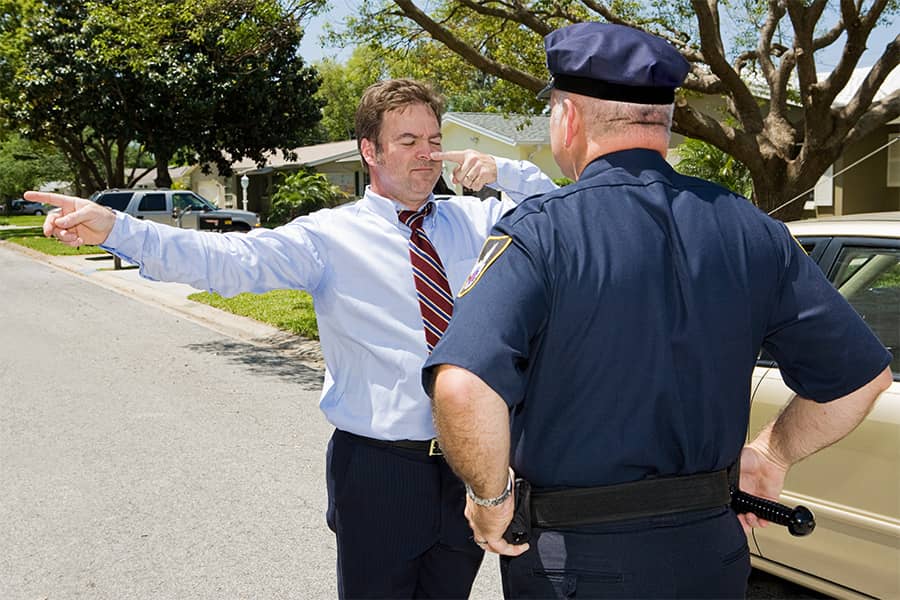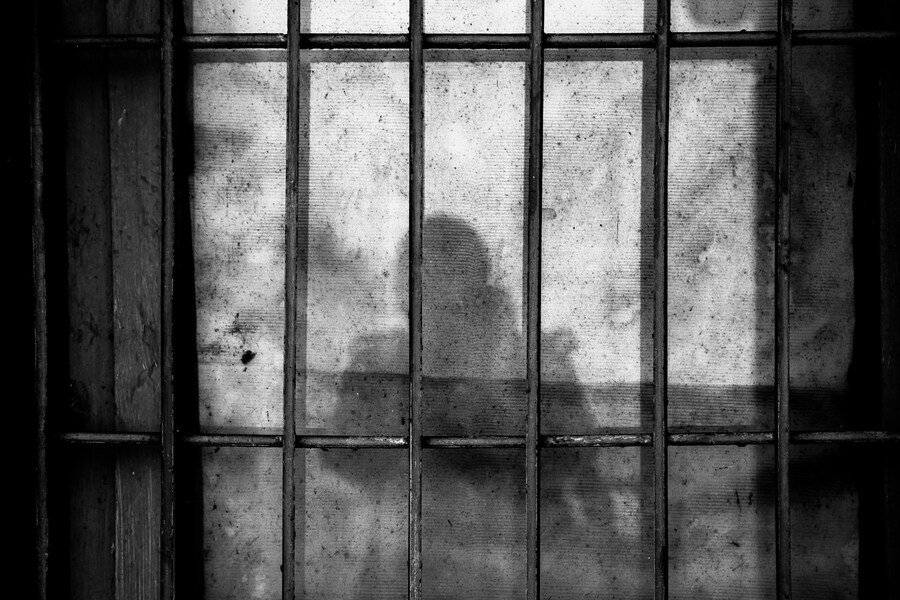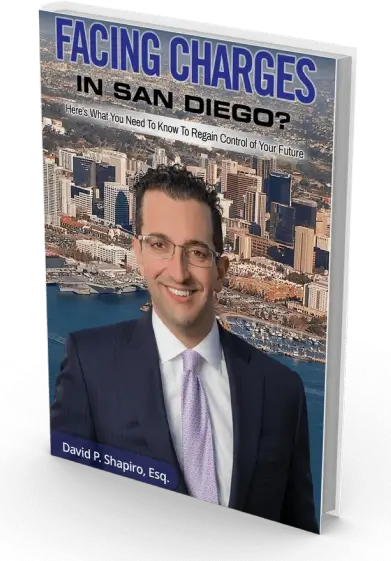4 Common DUI Arrest Mistakes That Could Get Your Case Dismissed in San Diego

Challenging a DUI Arrest: From Initial Stop to Blood Draw
If you’ve been arrested for driving under the influence (DUI) in San Diego, you may feel like the cards are stacked against you. However, police officers can and do make mistakes during DUI arrests that could potentially lead to your case being dismissed. As experienced DUI defense attorneys, we are trained to identify these errors and use them to build a strong defense on your behalf.
1. No Legal Reason for the Traffic Stop
One of the most common mistakes that can lead to a DUI case being thrown out is when the officer did not have a legal reason to stop your vehicle in the first place. Under the Fourth Amendment of the U.S. Constitution, police must have probable cause or reasonable suspicion to pull you over.
While officers can stop you for traffic violations like speeding, failing to signal, or having a broken taillight, they cannot arbitrarily target drivers. If we can show that the officer lacked justification for the initial stop, any evidence gathered after that point may be deemed inadmissible.
For example, let’s say you were pulled over for a minor traffic violation, such as having a broken taillight or an expired registration tag. While these infractions may justify a traffic stop, they do not automatically give the officer reasonable suspicion to investigate you for driving under the influence.
If the officer prolonged the stop beyond the time needed to address the initial violation and had no articulable facts to suggest you were impaired, we could argue that the subsequent DUI investigation was unlawful. If successful, this could lead to the suppression of any evidence gathered after the point the stop should have concluded, potentially resulting in the dismissal of your DUI charges.
2. Improperly Administered Field Sobriety Tests
Another area where police frequently make mistakes is in the administration of field sobriety tests (FSTs). These tests, which may include walking in a straight line, standing on one leg, and following a pen with your eyes, are used by officers to assess whether a driver is impaired.
However, many officers do not administer the tests according to the proper guidelines.
Some common errors in field sobriety testing include:
- Failing to give clear instructions
- Conducting tests on uneven or slippery surfaces
- Not taking into account the driver’s age, weight, or physical limitations
- Misinterpreting the results
If we can demonstrate that the officer made significant mistakes in administering or evaluating your field sobriety tests, we may be able to have the results suppressed. This can greatly weaken the prosecution’s case, as FSTs are often a key piece of evidence they rely on to prove impairment.
3. Inaccurate or Unreliable Breathalyzer Results
Breath tests, also known as breathalyzers, are another tool police use to measure a driver’s blood alcohol content (BAC). However, these machines are not foolproof. They must be regularly calibrated and maintained to ensure accurate readings. Additionally, officers must be properly trained on how to administer the tests.
There are several ways a breathalyzer result may be challenged in court:
- The machine was not properly calibrated or maintained
- The officer did not observe the required 15-minute waiting period before the test
- The driver has certain medical conditions, like GERD or diabetes, that can affect the results
- The officer failed to advise the driver of their right to refuse the test or obtain an independent blood test
If we can show that the breathalyzer results in your case are unreliable or were obtained improperly, we may be able to have them excluded from evidence. Without a valid BAC reading, it becomes much harder for the prosecution to prove that you were driving under the influence.
4. Violation of Miranda Rights
Most people are familiar with the Miranda warning, which includes the famous line, “You have the right to remain silent.” Police are required to advise you of your Miranda rights before conducting a custodial interrogation.
If the officers failed to properly Mirandize you or continued questioning you after you invoked your right to remain silent or asked for an attorney, any incriminating statements you made may be inadmissible in court. Your attorney can file a motion to suppress these statements on the grounds that they were obtained in violation of your Fifth Amendment rights.
What to Do If You Were Arrested for DUI in San Diego
If you were recently arrested for drunk driving, the most important thing you can do is contact an experienced San Diego DUI lawyer as soon as possible. Your attorney will thoroughly review the evidence in your case, including police reports, dashboard camera footage, and breathalyzer maintenance records, to identify any mistakes or violations of your rights.
Some of the ways your San Diego DUI attorney can challenge the evidence against you include:
- Filing a motion to suppress evidence from an unlawful traffic stop or arrest
- Challenging the accuracy or reliability of field sobriety and chemical test results
- Moving to exclude statements obtained in violation of your Miranda rights
- Presenting evidence of rising blood alcohol content or other alternative explanations for your alleged impairment
Remember, just because you were arrested for DUI does not mean you will be convicted. Police make mistakes, and an experienced attorney knows how to spot these errors and use them to your advantage.
By challenging illegal traffic stops, improper test administration, and other missteps by law enforcement, your lawyer may be able to get key evidence thrown out, potentially resulting in reduced charges or even a complete dismissal of your case.
San Diego DUI Lawyers Who Know How to Spot Police Mistakes
If you or someone you love is facing criminal charges in California, swift action is imperative. The penalties can be life altering and long lasting. Give us a call today to set up a case evaluation with one of our attorneys and learn how to best protect your freedom and future.
Too often, we see clients who “wait and see,” unsure of the legal landscape ahead, only for charges to escalate. They then find themselves backpedaling into a bad defense and an even worse lawyer. Don’t let that happen to you. Protect your freedom. Protect your future. Know your rights.
The contents of this article and blog are meant for informational and marketing purposes only and do not constitute legal advice. Viewing and/or use of the blog does not form an attorney-client relationship. No statements in this post are a guarantee, warranty, or prediction of a particular result in your case.









